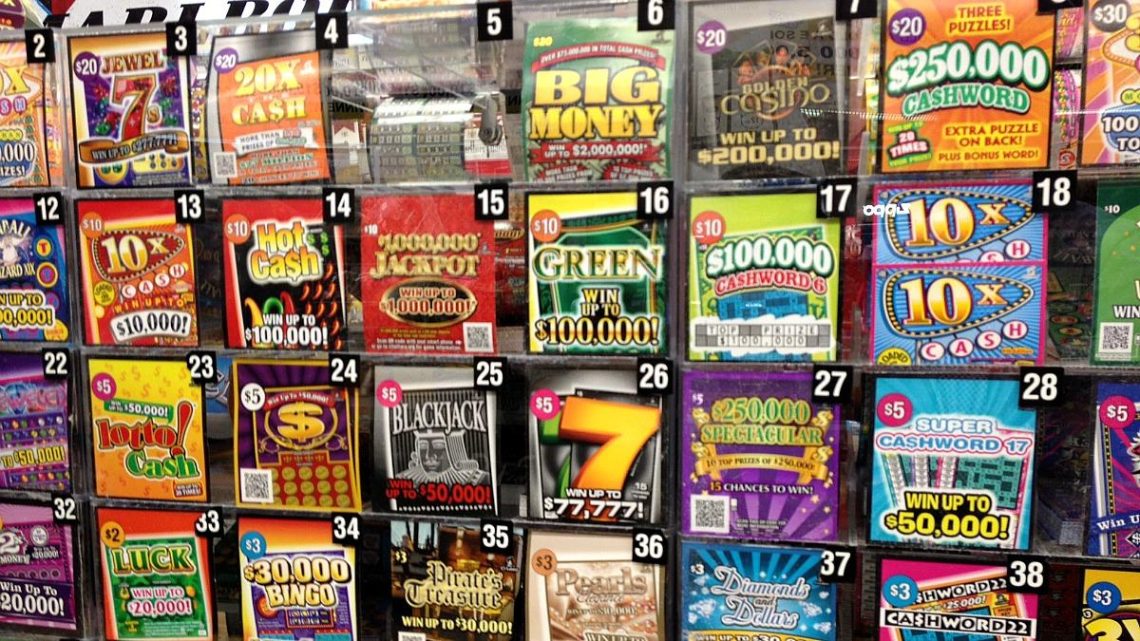In the world of games of chance, few hold as much allure and mystique as the lottery. It’s a game where dreams are bought and sold on scraps of paper, where a single number can transform ordinary lives into extraordinary tales of fortune messipoker. But beyond the surface appeal of instant wealth lies a complex interplay of psychology, economics, and societal fascination.
Lottery games have a rich history, dating back centuries. From ancient China to Renaissance Europe, people have been drawn to the idea of fate deciding their fortunes. The modern lottery, however, has evolved into a sophisticated industry, with billion-dollar jackpots and intricate gameplay mechanics.
At its core, the allure of the lottery can be attributed to several key factors:
- Hope and Escapism: In a world fraught with uncertainty, the lottery offers a glimmer of hope. For the price of a ticket, players can momentarily escape their everyday worries and indulge in fantasies of wealth and abundance. It’s a form of entertainment that transcends socio-economic boundaries, offering a brief respite from the monotony of daily life.
- Probability and Risk: Despite the astronomical odds stacked against them, millions of people continue to play the lottery every day. This paradox can be attributed to a fundamental misunderstanding of probability. The human brain struggles to comprehend the concept of odds, often leading individuals to overestimate their chances of winning. This cognitive bias, known as the “illusion of control,” fuels the belief that one’s luck is somehow different from others’.
- Social and Cultural Norms: In many cultures, the lottery is deeply ingrained in the social fabric. It’s not just a game; it’s a communal experience shared among friends, family, and coworkers. Lottery pools and syndicates foster a sense of camaraderie and collective anticipation, turning the act of purchasing tickets into a shared ritual. Moreover, lottery proceeds often fund public services and initiatives, further cementing its role as a socially acceptable form of gambling.
- Instant Gratification: In an era dominated by instant gratification, the lottery epitomizes the desire for quick and effortless rewards. Unlike long-term investments or savings accounts, where the payoff is gradual and uncertain, lottery winnings promise immediate wealth and freedom. It’s the ultimate shortcut to financial independence, albeit one with astronomical odds.
Despite its widespread popularity, the lottery is not without its critics. Detractors argue that it preys on the vulnerable, exploiting the hopes and dreams of those least able to afford it. Moreover, the regressive nature of lottery ticket sales disproportionately impacts low-income communities, perpetuating cycles of poverty and inequality.
Nevertheless, the allure of the lottery persists, drawing millions of players into its grasp each year. Whether viewed as a harmless pastime or a symptom of societal ills, one thing remains clear: the lottery will continue to captivate and divide us for generations to come. In the end, perhaps it’s not the promise of wealth that keeps us coming back, but the tantalizing possibility that, against all odds, our luck might just change.





